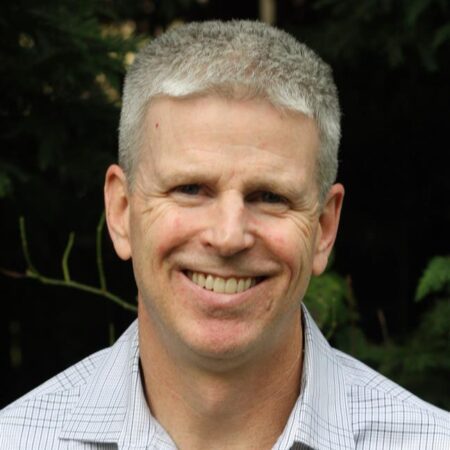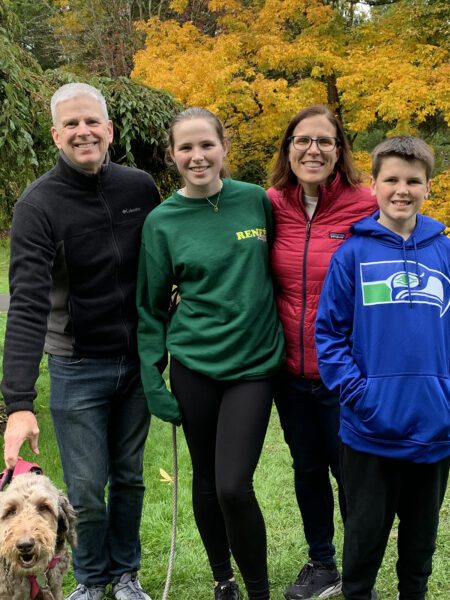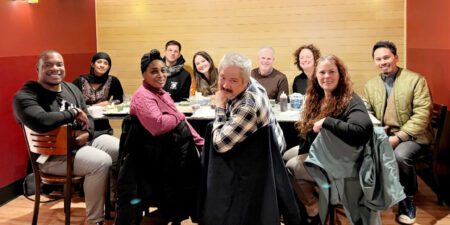
Sean Walsh is a Strategic Advisor in the Seattle Human Services Department’s Youth and Family Empowerment Division.
What is your role at Seattle Human Services?
 Most of my focus is on supporting our food portfolio, which includes direct service programming (summer meals, family childcare nutrition, etc.) as well as partnerships with meal programs, food banks, and farm-to-preschool providers. This work is funded through the Sweetened Beverage Tax and general fund. I also help with various special projects and our family support portfolio.
Most of my focus is on supporting our food portfolio, which includes direct service programming (summer meals, family childcare nutrition, etc.) as well as partnerships with meal programs, food banks, and farm-to-preschool providers. This work is funded through the Sweetened Beverage Tax and general fund. I also help with various special projects and our family support portfolio.
What made you want to work in human services?
I worked for a publishing company in the Bay Area a long while ago, and it was a good enough job, but it felt very transactional. I reached out to someone I considered a mentor, and he encouraged me to pursue work that felt more fulfilling, even if it meant taking some risks and leaving a comfortable job. Within a few months, I was in Seattle doing social work.
How has your job changed in recent years?
Like many people, I’m still trying to figure out my new normal. I think a lot about how to build on the innovation and sense of urgency that led to so many positive outcomes during the pandemic, while also honoring the loss and fatigue that our community experienced.
What do you love about your job?
I love being around people who care deeply about their community. I also love getting to do a mix of strategy and project work. HSD is working with the Office of Sustainability & Environment and other departments to launch an updated Food Action Plan in a few months. The plan reflects the community’s vision around food justice and other priorities, and it’s great for the City to be a champion of that vision.
How do you contribute to HSD’s overarching goals related to racial equity?
I try to be mindful that I have a lot of privilege, and then try to make good decisions with that awareness—when to lean in, when to step back. I struggle sometimes with being really normalized to a white culture way of doing things—perfectionism, deadlines, checklists—and am trying to undo some of that and not cause harm. There are amazing people in HSD who model how to identify and disrupt institutional racism, and I try to follow their example.
What motivates you or keeps you going?
I get to learn something new every day, and work with a great team.
What’s one piece of advice for HSD newcomers or recent graduates in your field?
My advice is to take advantage of professional development opportunities and go out of your way to meet people from across (and outside of) the City.

